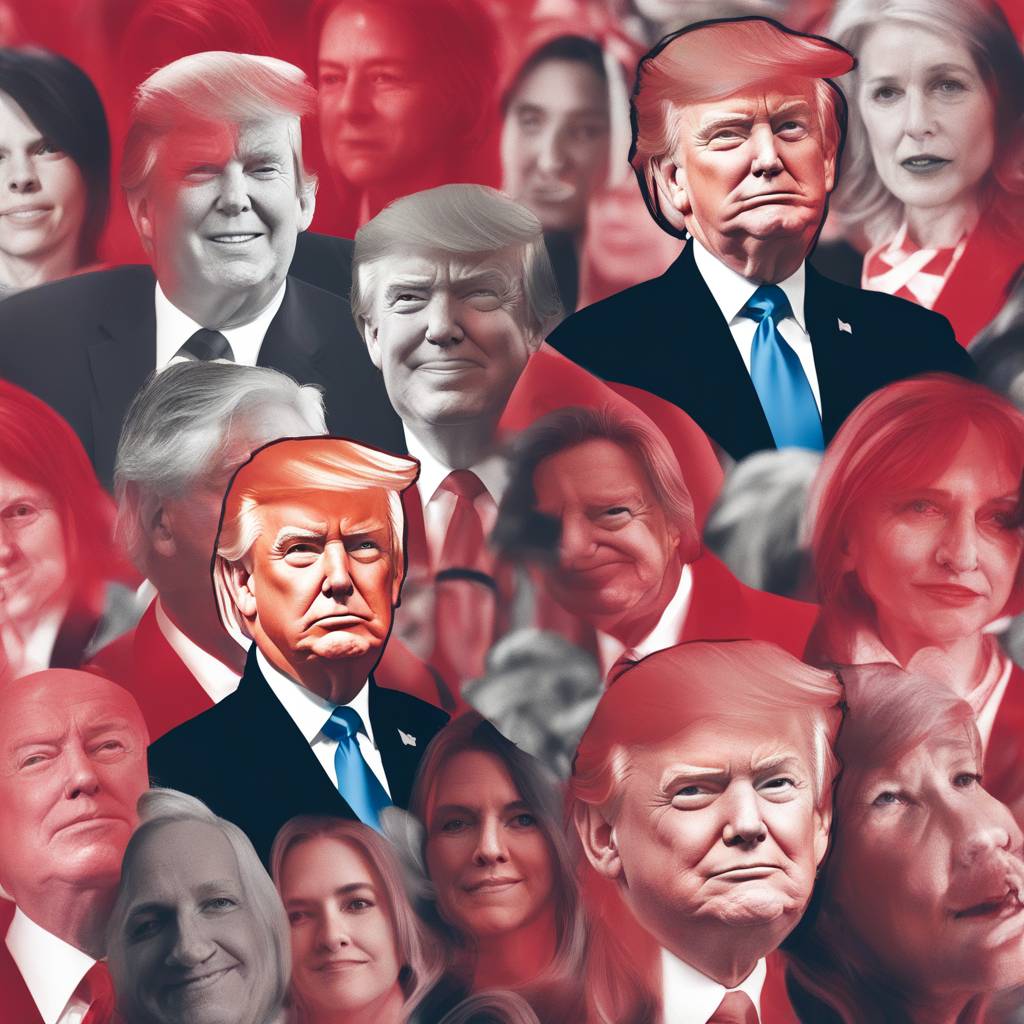Former President Donald J. Trump stated that he believes abortion rights should be left up to the states in a video message, after months of uncertainty on the issue. He emphasized that states should decide through legislation, with exceptions for rape, incest, and instances where the mother’s life is at risk. Trump’s stance aims to reflect the will of the people and avoid discussing a federal ban, which he privately supports but recognizes would be challenging to implement politically. His comments come as Republicans grapple with the aftermath of the Supreme Court overturning Roe v. Wade in 2022, shortly before the midterm elections.
Despite some anti-abortion activists pushing for a national ban at 15 weeks, Trump debated with advisers about his stance on abortion to prevent Democrats from using the issue against him. He considered supporting a 16-week federal ban with exceptions but held off on publicly announcing his views. Trump, who previously described himself as “very pro-choice” before shifting to a “pro-life” stance, has taken a transactional approach to abortion throughout his political career. His avoidance of a clear position on abortion has disappointed some conservatives who were hoping for more stringent national restrictions to protect unborn children and their mothers.
In his statement, Trump expressed pride in his role in overturning Roe v. Wade and falsely claimed that all legal scholars supported this decision. He further falsely accused Democrats of wanting to execute babies after birth. Despite his reluctance to publicly announce his views on abortion, Trump has privately discussed the political implications of the issue and how it could negatively impact Republicans in elections. His strategy involves aligning with the states’ rights approach to abortion, allowing Democrats to criticize him for endorsing strict abortion laws in certain states.
Trump has faced criticism for his handling of the abortion issue, with some anti-abortion groups expressing disappointment in his stance and calling for national protections for the unborn. While Trump has appointed conservative Supreme Court justices who played a key role in overturning Roe v. Wade, he has refrained from taking a definitive public position on abortion. His reluctance to advocate for a federal ban has been attributed to concerns about alienating social conservatives and the potential negative impact on his political ambitions. Trump’s acknowledgment of the need to win elections to restore the country’s culture and save it from decline underscores the significance of the abortion issue in political discourse.
Throughout his political career, Trump has shifted his position on abortion from pro-choice to pro-life, leveraging the appointment of conservative Supreme Court justices to advance his agenda. While he has avoided a clear stance on the issue in public, Trump has privately discussed the political implications of abortion and its potential impact on elections. His approach to supporting a state-based solution reflects his belief in respecting the will of the people while navigating the complicated political terrain of abortion rights. As Democrats and Republicans grapple with their approaches to abortion following the Supreme Court’s decision to overturn Roe v. Wade, Trump’s stance on the issue remains a subject of debate and scrutiny among various stakeholders in the political landscape.








